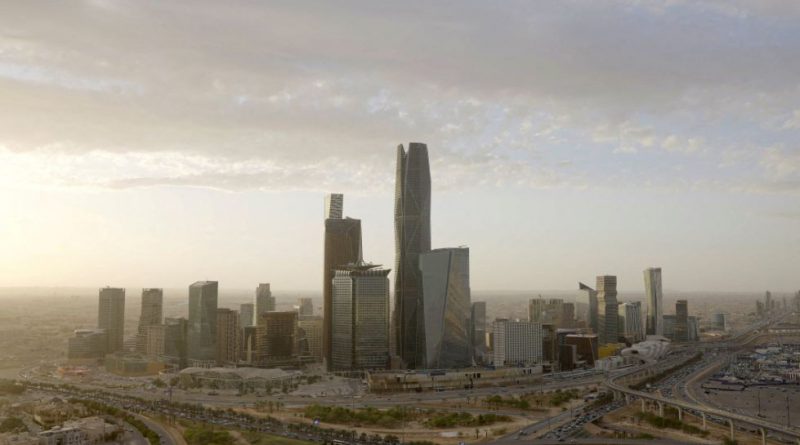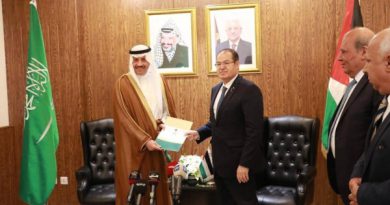Saudi Arabia’s non-oil business activity eases in May on slower output-PMI
Dubai (Reuters) – Non-oil business activity in Saudi Arabia slowed in May, a monthly survey showed, as the pace of growth for both output and new orders eased.
The seasonally adjusted Riyad Bank Saudi Arabia Purchasing Managers’ Index slipped to 58.5 in May from 59.6 in April but remained firmly over the 50 mark separating growth from contraction, and higher than the long-run average.
The sub-index for New Orders dropped to 67.3 in May from 69.1 the previous month but remained well above the survey’s long-run trend, and was attributed to an improvement in market conditions, increased construction work, travel and tourism, and new investment.
“While a slower oil economy and rising interest rates will create a challenging environment for some establishments, most Saudi firms are in good shape and experiencing robust business conditions,” said Naif Al-Ghaith, chief economist at Riyad Bank.
“May results show a small retracement from the strong April outcome, reinforcing the view that overall economic activity is holding up well as we enter the summer months.”
The Output sub-index eased to 61.7 in May from 64.4 in April, the slowest rate of growth so far in 2023, and while employment growth continued with jobs added across all sectors, staff costs in the non-oil sector also increased at a faster pace in May.
Saudi Arabia’s large, young population – 63% of Saudi citizens are under the age of 30 – highlights the challenges Crown Prince Mohammed bin Salman faces in his plans to diversify the economy away from oil and create jobs for nationals.
“Business expectations for the next 12 months eased slightly but still indicate optimism regarding future output,” Al-Ghaith said.



